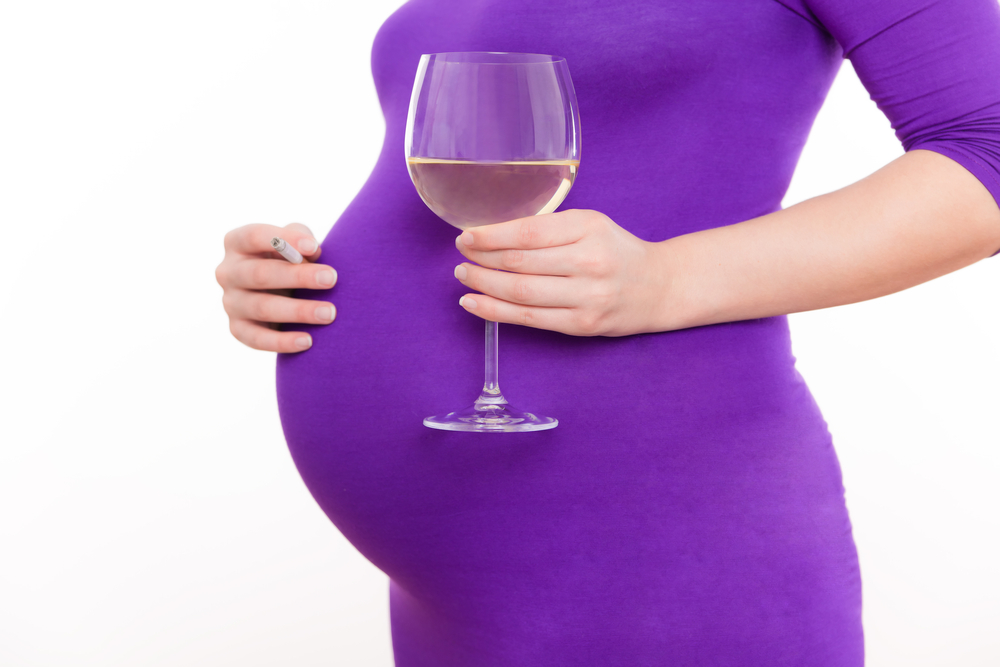
It can be very complicated to quench your thirst during pregnancy.You could get confused with what to drink and what not to?
Why can’t girl have little bit of fun?Along with a wholesome and healthy meal, a pregnant lady should also be careful of what you drink and what all drinks should be avoided to keep your baby safe. Especially, When it is relating to caffeine and alcohol. We probably get it a lot from the old-age people to drink eight glass of water per day, Well, this is one time you don’t want to be ignoring them. You should realise that your baby’s body is formed by the fluids you take and obviously, you will need more of it as your baby grows. You are required to stay hydrated as the baby-building is definitely a hard work. Every single day your baby will be needing plenty of fluids. For good health, the fluids contained in juices, ice, soups and water are all vital. There are exactly two drinks that are bad for you and your baby as well: alcohol and caffeinated drinks.
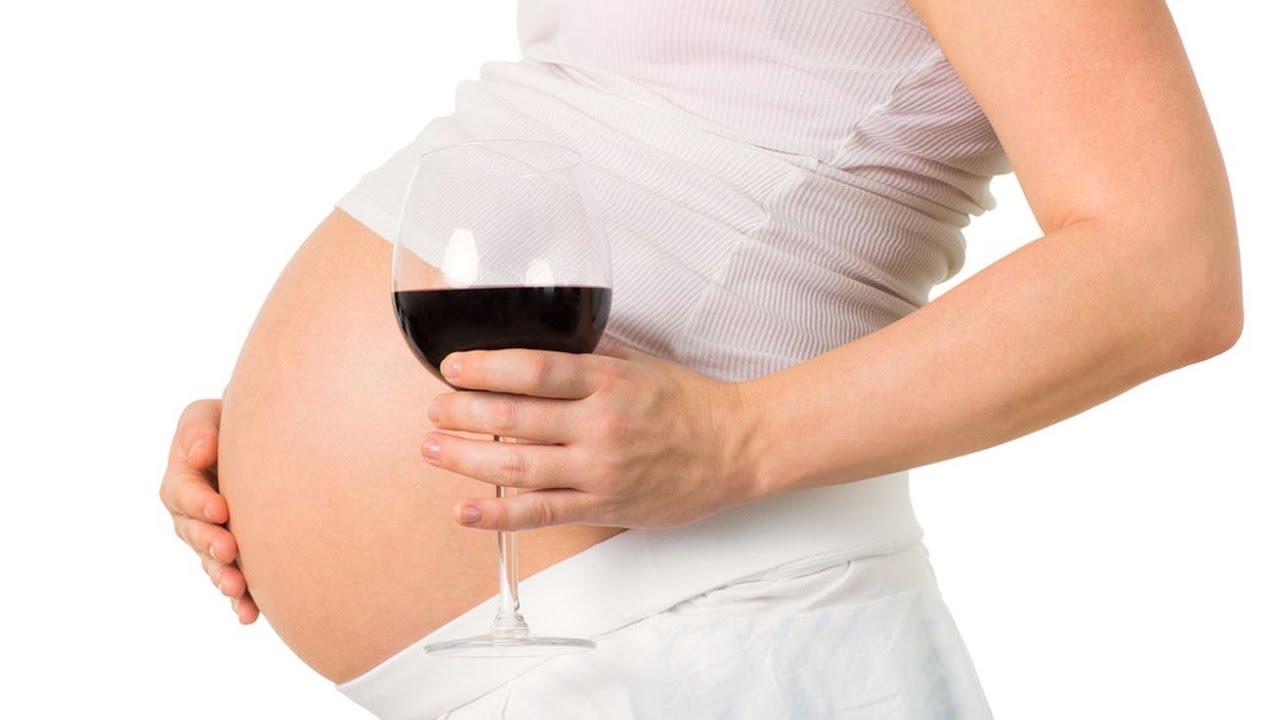
Whether or not the moderate use of alcohol is bad for foetus is still a debate raging on. An alcoholic drink to calm your Braxton Hicks contractions and to relax are still recommended by certain physicians but others deny even a single sip. There is no running from the fact that too much alcohol is bad for the foetus. I think no one has a different opinion on that but its the matter of debate between some alcohol and too much alcohol.
The Pregnant women are always strongly recommended to not smoke or drink alcohol during pregnancy. While you are pregnant and you take alcohol, these substance can cause many complications like damaging effects on developing foetuses and may add to other medical problems as the child grows. Also it increases the chance of stillbirth and miscarriage. What really happens is, as the pregnant woman consumes alcohol it enters her bloodstream and reaches the foetus.
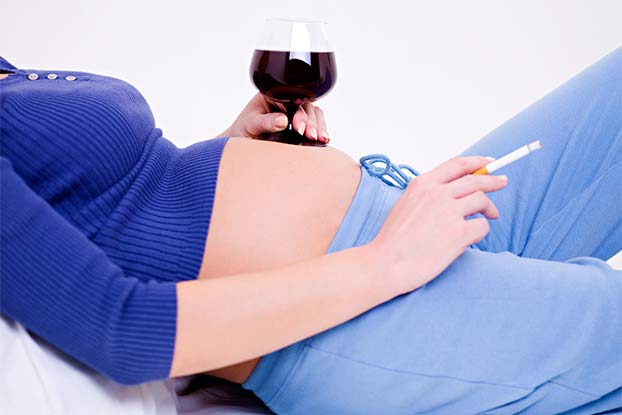
That means that when mom has a glass of wine, her baby has a glass of wine, too. In addition, drinking alcohol can lead you to eat less, thus losing sources of nutrients. Alcohol consumption during pregnancy can lead to foetal alcohol syndrome (FAS). FAS includes mental and physical birth defects and growth problems associated with the mother’s high levels of alcohol use during pregnancy. A milder syndrome called foetal alcohol effect (FAE) is characterized by behavioural problems and developmental delays. Some research has shown that expectant moms who have as little as one drink a week are more likely than non-drinkers to have children who later exhibit aggressive and delinquent behaviour. One study found that girls whose mothers drank during pregnancy are more likely to have mental health problems. Experts at the American College of Obstetricians and Gynaecologists and the American Academy of Paediatrics as well as other public health officials in the United States recommend that pregnant women (and women who are trying to conceive) play it safe by not drinking alcohol in any amount.
The risk of harm from drinking alcohol during pregnancy is closely related. The more you drink, the higher the risk of problems. Since there is no amount of alcohol that is considered “safe,” pregnant women and women trying to get pregnant should not drink alcohol at all.
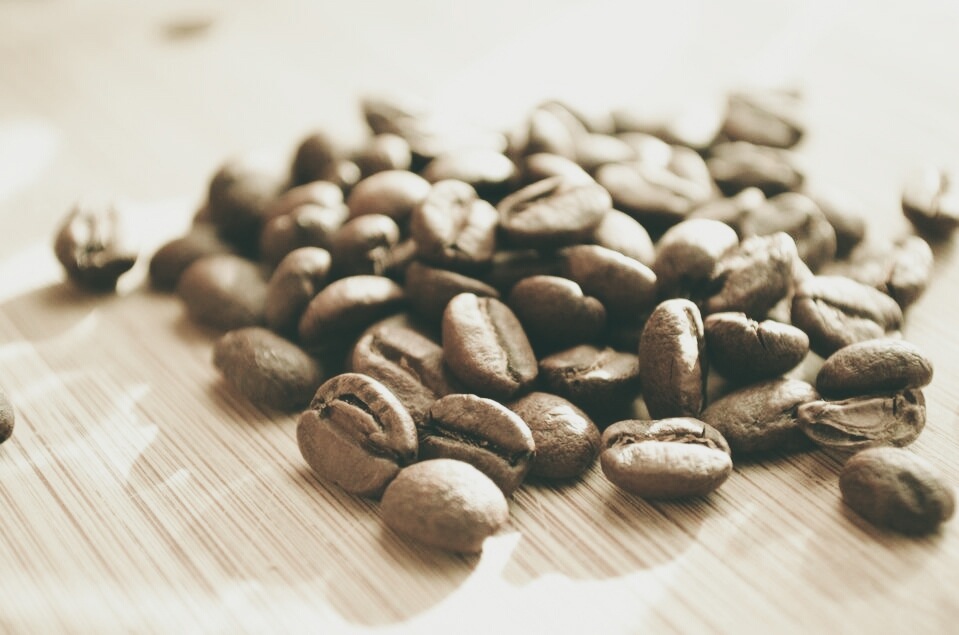
The caffeine in coffee gives a mental and physical boost. It’s a central nervous stimulant that excites the brain to keep it alert and awake. That’s the upside. The downside is that caffeine is an addictive drug that passes quickly to the foetal bloodstream and stays there in higher concentrations than is found in the mother. Did you know that babies have been born addicted to caffeine? It’s true. Caffeine can also affect your growing baby. Small amounts of caffeine during pregnancy are OK. But heavy doses are strongly discouraged. Caffeine, travels through your bloodstream to the placenta and can have a negative effect on your baby. Since caffeine is a stimulant, it increases your heart rate and metabolism both of which directly affect the baby. The Academy of Nutrition and Dietetics recommends keeping your intake of caffeine below 200 milligrams per day. This is about one or two servings of coffee, tea, or other caffeine-containing beverages. Some studies have linked drinking more than 200 mg of caffeine a day with an increased risk of miscarriage and low birth weight. And drinking large amounts of caffeine (eight cups of coffee or more a day) has been linked with stillbirth. For some pregnant women, caffeine may cause nausea and heartburn. Beverages that contain caffeine include:
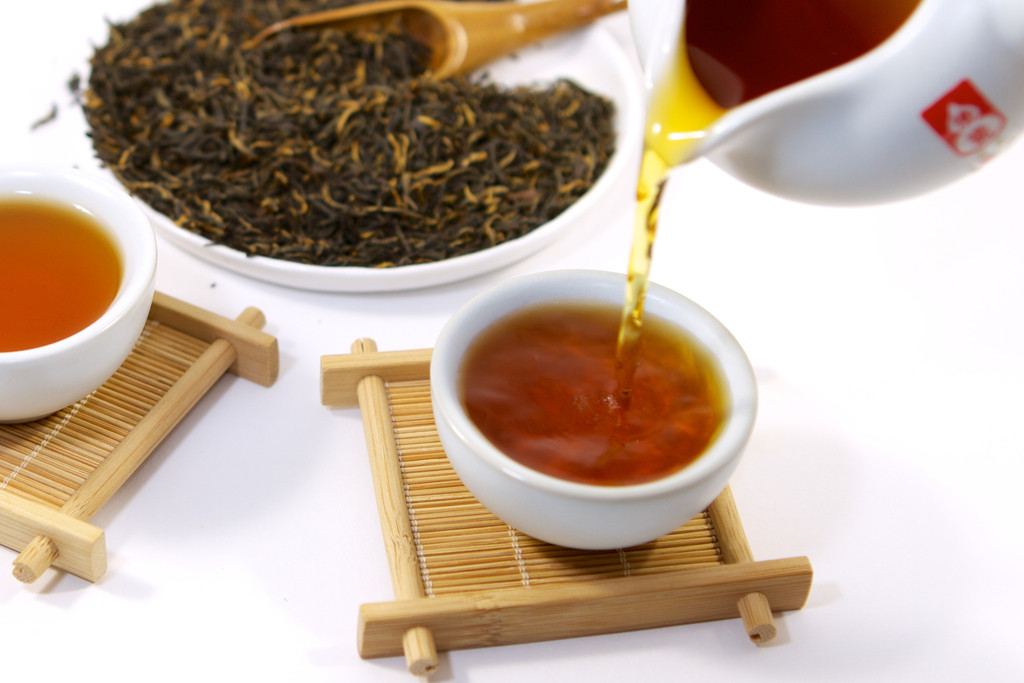
Be aware that the amount of caffeine in your cup of coffee will vary depending on the type of coffee and how it’s brewed. The coffee at a restaurant or coffee shop, for example, can range from about 100 mg for a small (8-ounce) cup to over 400 mg for a large (16-ounce) cup, depending on the brand and the brew. And remember, decaffeinated doesn’t mean caffeine-free. A 16-ounce cup of brewed decaffeinated coffee typically contains about 12 to 25 mg of caffeine. If you need a caffeine boost but are concerned about your intake, you might choose a latte (about 75 mg of caffeine). From the milk in a latte you’ll get a little extra calcium and protein – nutrients you need during pregnancy anyway.
It is the most powerful creation to have life growing inside of you.There is no bigger gift